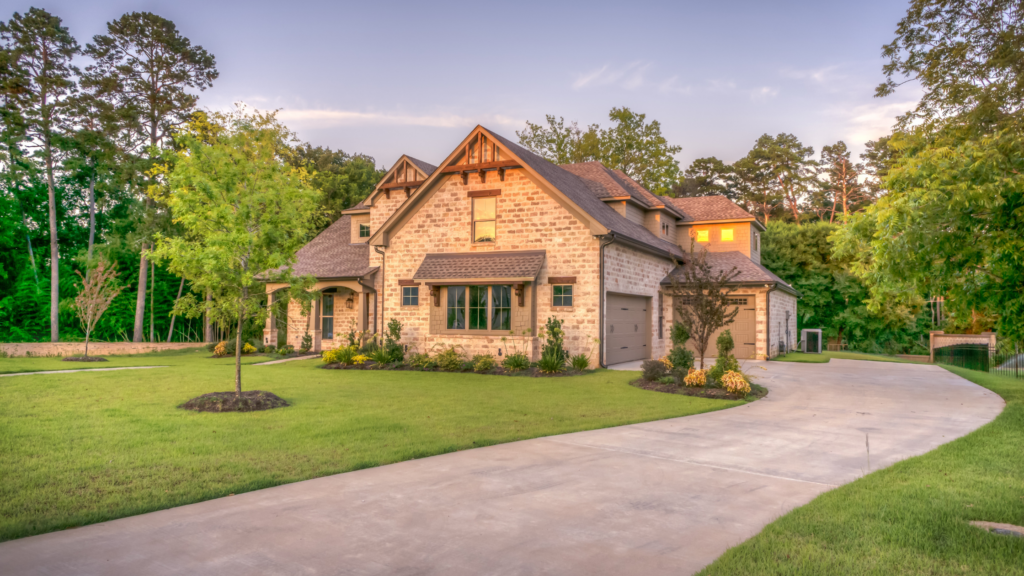People often ask estate planning attorneys if it is possible to avoid probate after their passing simply by adding their adult children’s names to their real property deeds while they are living. As explained in the article “Think twice (and read this) before putting your kids on the deed to your home” from Coeur d’Alene/Post-Falls Press, this can theoretically work. However, it can also backfire, in a big way.
Here are the reasons to keep your property deeds in your name:
If your child has any financial problems, your home is vulnerable. Divorce, debt, litigation, or bankruptcy happen, even to the least likely children. You could lose your home. You could also end up needing to spend thousands on legal fees to convince a court that your home should not be part of the assets subject to your child’s legal or financial difficulties. Either way, you lose.
Adding your child’s name to a real property deed is a gift for tax purposes. Unless the value of your home is extremely low, which is unlikely, you’ll need to report this gift to the IRS.
If the child named on the deed passes before you, you may end up owning the home with their spouse, children, or whomever they named in their will. Did you want your daughter-in-law to be the joint owner of your home? Or your grandchildren? The outcome will depend upon the exact language used on the deed, making it vital to have an estate planning attorney draft the deed document if you use this method.
Medicaid look-back includes the transfer of any assets, including property. If you need to apply for Medicaid to help pay for long-term care, you’ll be asked if you have made any gifts or transfers of assets to anyone within the five years before submitting your Medicaid application. Adding another person’s name to a real property deed is considered a gift by Medicaid. This could prevent you from being eligible for Medicaid assistance for months or as many as five years.
Co-owners must agree on decisions about the property. Your co-owner has to agree before you can sell your home, rent it, or take out a loan against the home’s value. Can you be sure that your child or other co-owner will agree to your wishes?
Capital gains taxes as co-owners are different from inherited property. If a child inherits a property after death and then sells it, they will only be responsible for paying capital gains taxes assessed on any increase in value from the date of your death to when the property is sold. However, if their name is on the property deed while you are living, they will be deemed to have acquired their one-half ownership for half the price you originally paid. They will be responsible for the capital gains taxes applied to their half. They’ll have a hefty tax bill, which they would not have had if they inherited the home.
There are ways to plan for your estate to minimize probate without adding a child to your property deed. All of this can be done in a way that doesn’t put your property at risk if you or your child runs into financial trouble and protects your eligibility for Medicaid. An experienced estate planning attorney can help create an estate plan to protect you, your home and your heirs.
To learn more about estate planning in the East Valley, Gilbert, Mesa and Queen Creek, schedule your free consultation with Attorney Jake Carlson by using one of the links above.
Reference: Coeur d’Alene/Post Falls Press (June 11, 2023) “Think twice (and read this) before putting your kids on the deed to your home”


